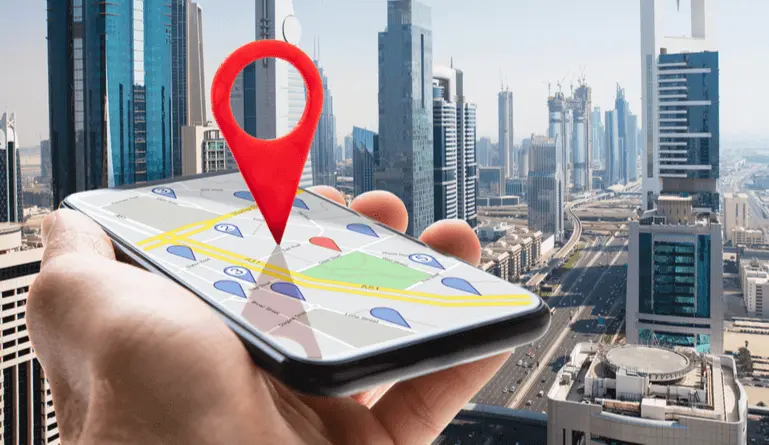
In today’s digital world, small businesses need to take advantage of any opportunity to stand out from the competition. One such opportunity is location-based marketing, a powerful tool that can help small businesses attract and engage with customers more effectively. In this article, we’ll explore the world of location-based marketing for small businesses, discussing its benefits, tools and strategies, and best practices.
Location-based marketing, also known as geotargeting or geomarketing, involves targeting consumers based on their geographic location. This allows small businesses to deliver personalized and relevant advertisements, promotions, or content to potential customers, increasing the chances of conversion.
Location-based marketing works by using data from GPS, Wi-Fi, or cellular networks to determine a user’s location. This information is then used to tailor marketing messages and content based on the user’s proximity to a specific business or area.
There are several benefits that come with implementing location-based marketing strategies for your small business:
By targeting potential customers who are already in your area, location-based marketing can help drive foot traffic to your physical location. For instance, sending out special offers or discounts to consumers nearby can entice them to visit your store.
Location-based marketing allows you to target specific segments of your audience based on their location. This can lead to higher engagement rates, as customers are more likely to respond to marketing messages that are relevant to their current context.
By personalizing your marketing messages, you can provide a better overall customer experience. This can help build brand loyalty and keep customers coming back to your business.
There are several tools and strategies that can be employed to help you unlock the power of location-based marketing for your small business:
Geofencing involves creating a virtual boundary around a specific area, such as your store, an event location, or competitor’s store. When potential customers enter this area, they can receive targeted marketing messages.
You can use geofencing to send push notifications, SMS messages, or in-app advertisements when potential customers enter the defined geographic area. For example, you could send a promotional offer to customers who are within a one-mile radius of your store.
Beacons are small, wireless devices that transmit Bluetooth signals to nearby smartphones. When a user’s smartphone is within range of a beacon, it can receive targeted marketing messages.
You can install beacons in your physical location to send targeted promotions, product information, or helpful tips to customers who are in close proximity. This can encourage them to make a purchase or engage with your business further.
Social media platforms like Facebook, Instagram, and Twitter offer location-based advertising options that enable you to target users based on their geographic location.
When using location-based social media advertising, be sure to create compelling ad content, choose the right ad format, and select the appropriate geographic targeting options.
Some consumers may be uneasy about sharing their location data. It is essential to be transparent about your data collection practices and obtain user consent before collecting location data.
Provide clear, concise explanations of your data collection practices and ensure that customers can easily opt-out of location tracking if they wish.
Location accuracy can vary depending on the technology used. GPS, for example, can be less accurate in dense urban areas or indoors.
Choose the most accurate location technology for your specific marketing goals and regularly test and optimize your campaigns.
Location-based marketing can be a powerful tool for small businesses looking to attract, engage, and retain customers. By incorporating strategies such as geofencing, beacon technology, and location-based social media advertising, small businesses can create more targeted and personalized marketing campaigns. As with any marketing strategy, be sure to define your target audience, offer value to your customers, and monitor your campaign performance using tools like The SMB Hub’s Business Dashboard to ensure success.
What Are the Key Elements of a Successful Location-Based Marketing Campaign?
A successful location-based marketing campaign should be personalized, timely, and contextually relevant.
How Much Does Location-Based Marketing Cost?
Costs can vary depending on the tools and strategies used. Some location-based marketing strategies, such as social media advertising, can be quite affordable for small businesses.
Is Location-Based Marketing Suitable for All Types of Small Businesses?
Location-based marketing can be effective for many types of small businesses, particularly those with physical locations or those targeting customers in specific geographic areas.
Can Location-Based Marketing Help Improve Customer Loyalty?
Yes, by providing personalized and relevant marketing messages, location-based marketing can help improve customer loyalty and encourage repeat business.
How Can I Manage My Business’s Online Presence and Listings?
To manage your business’s online presence and listings, consider using The SMB Hub’s Business Listing Builder to easily update and maintain your information across multiple online directories.
You must be logged in to post a comment.
